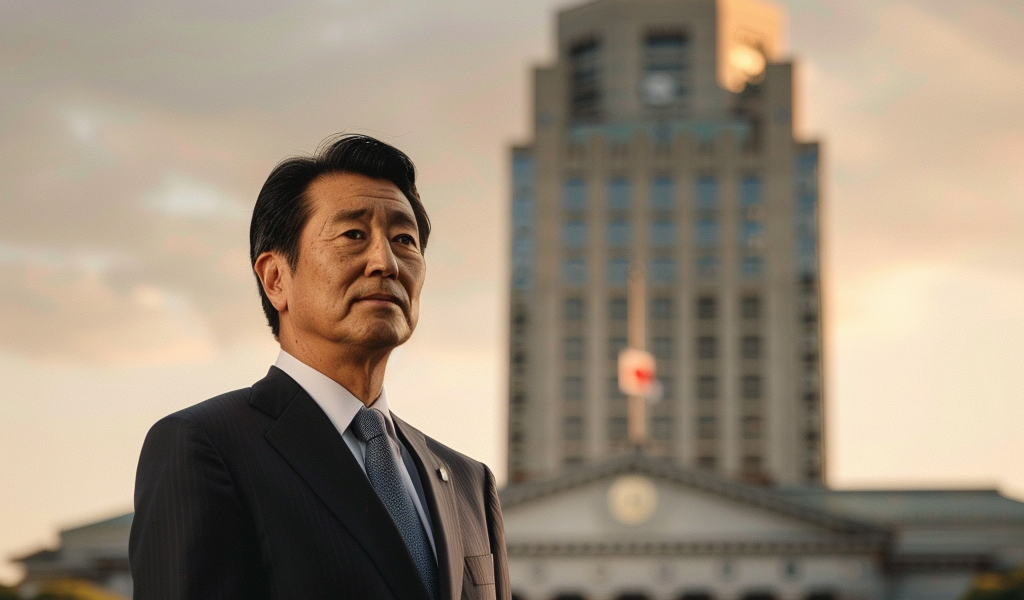In a significant political shift, Shigeru Ishiba has been elected as Japan’s new Prime Minister by the parliament, succeeding Fumio Kishida. This change comes at a crucial time when public confidence in the government is waning, the economy is facing challenges, and security concerns are on the rise. Ishiba, who leads the ruling Liberal Democratic Party (LDP), received support from both houses of parliament, paving the way for a general election scheduled for October 27. However, the timing of this election has drawn criticism from opposition parties, which argue that it has compromised the parliamentary process.
In the realm of sports, Los Angeles Dodgers’ star Shohei Ohtani has made headlines by clinching the National League home run and RBI titles. This achievement marks a historic milestone in Ohtani’s first season with the Dodgers, where he showcased his exceptional talent by hitting 54 home runs and driving in 130 runs. Additionally, he demonstrated his speed on the bases, stealing 59 bases, which ranks him second in Major League Baseball, just behind Cincinnati Reds’ Elly De La Cruz.
Turning to the economic landscape, the Bank of Japan’s latest Tankan survey reveals that sentiment among major manufacturers remained steady at 13 in September, unchanged from the previous quarter. This stability reflects a surge in demand for semiconductors, although the automotive sector continues to struggle with declining sales in international markets. In contrast, the index for large non-manufacturers, which encompasses the service sector, showed a slight improvement, rising to 34 from 33. This increase is attributed to favorable retail sales, particularly in clothing and air conditioning units, spurred by an unusually hot summer.
As Ishiba steps into his new role, opposition parties have wasted no time in expressing their discontent. They have criticized him for allegedly evading crucial debates in the Diet, Japan’s national legislature. Yoshihiko Noda, the leader of the main opposition Constitutional Democratic Party of Japan, voiced his disappointment, emphasizing that he had expected Ishiba to be a politician willing to engage in discussions and confront challenges directly.
In the world of sports and corporate partnerships, Bridgestone, a leading Japanese tire manufacturer, has decided to terminate its top-tier Olympic sponsorship agreement. This move follows similar decisions made by other major companies such as Toyota and Panasonic, signaling a potential shift in how corporations engage with Olympic sponsorships amid changing public sentiment and economic considerations.
As Japan navigates through these political, economic, and social changes, the implications of these developments will be closely watched by both domestic and international observers. The upcoming general election will be a critical moment for Ishiba’s administration as it seeks to address the pressing issues facing the nation.





